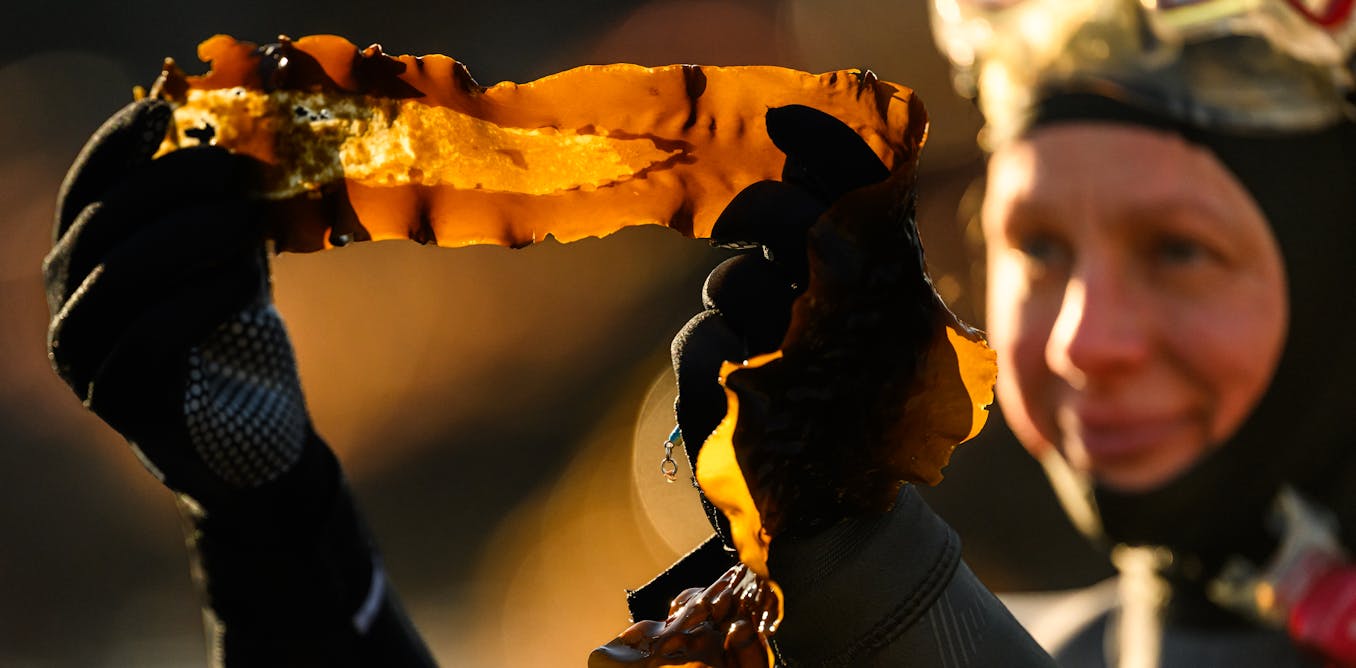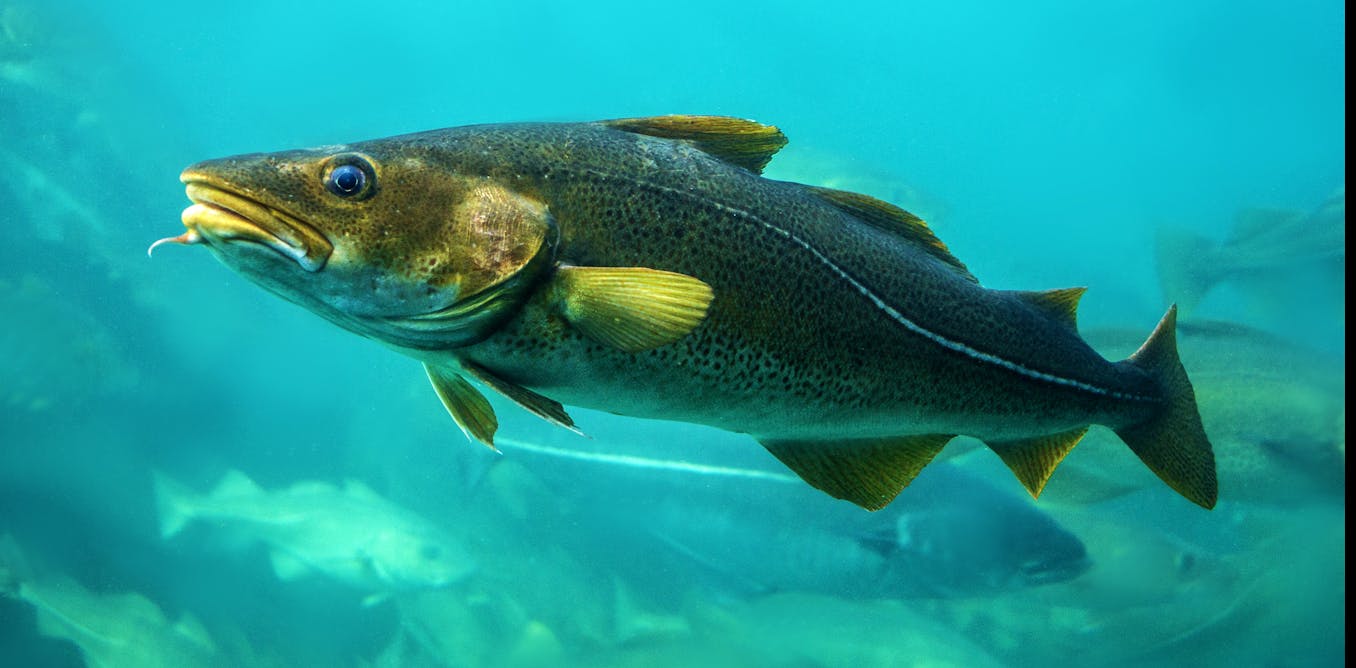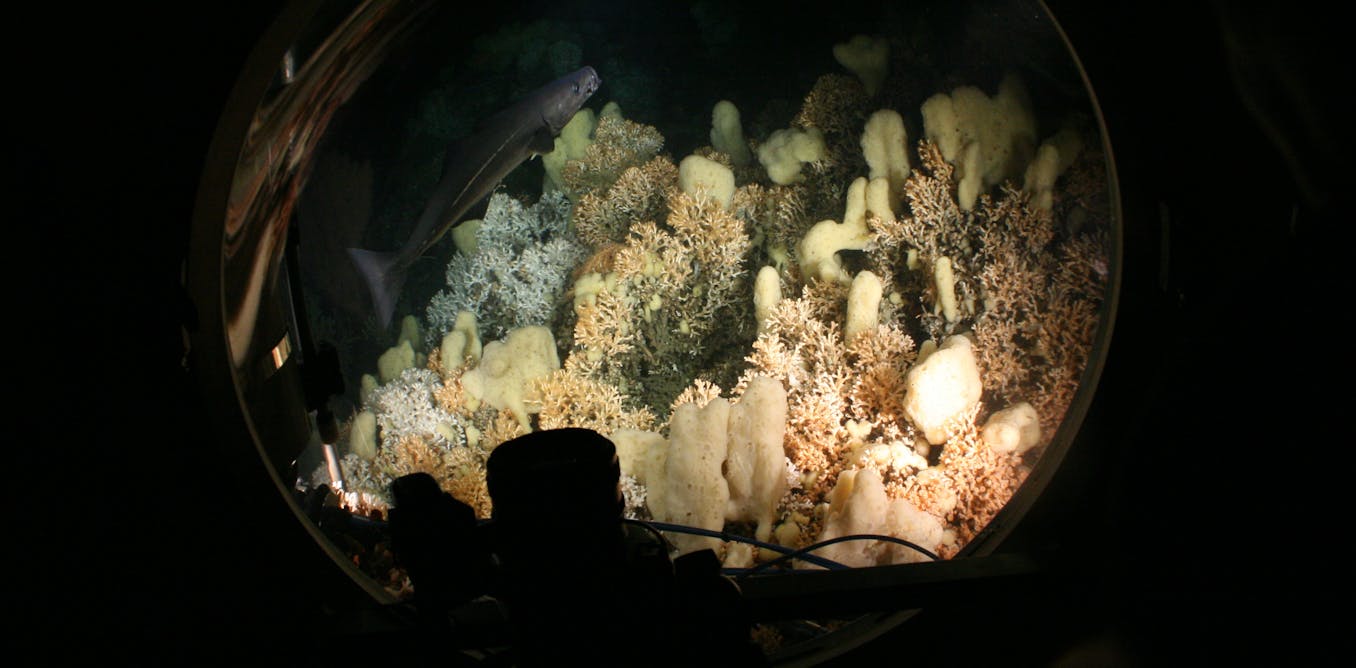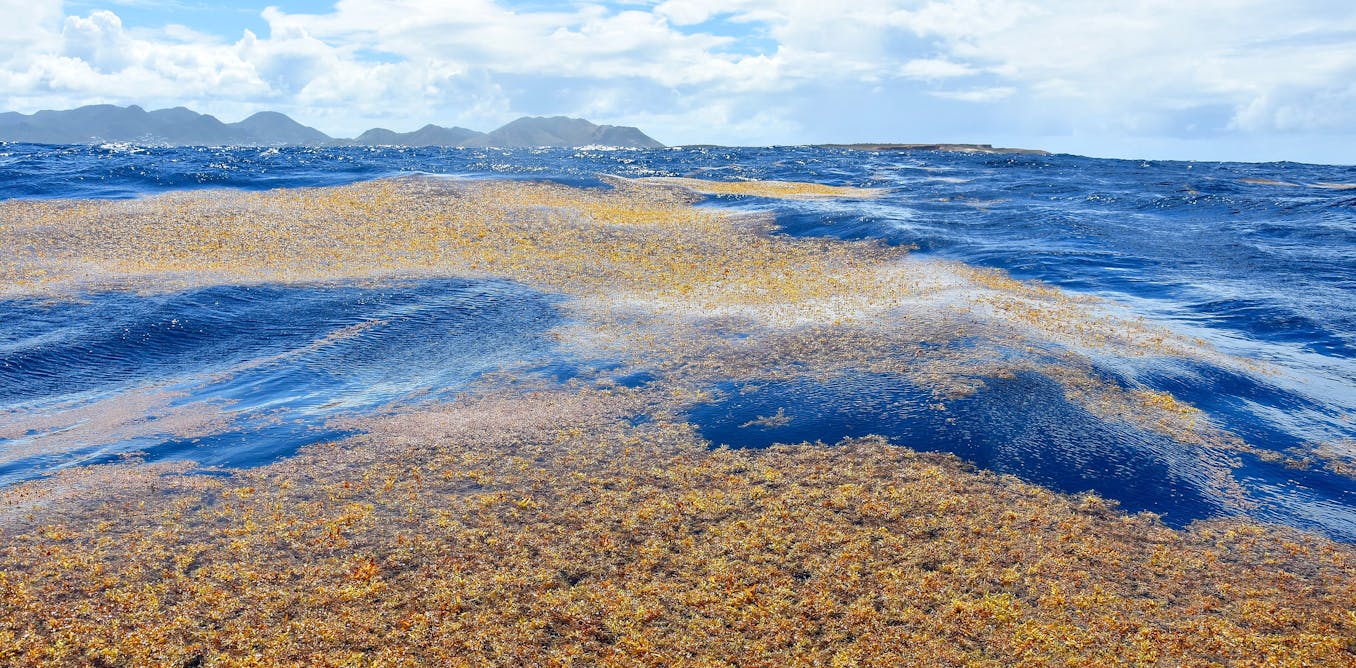Attaching seaweed spores to used scallop shells could restore UK’s coastal kelp forests
Kelp seaweed spores are being grown on small rocks and waste scallop shells as part of a trial exploring how to regenerate the UK’s coastal kelp forests.
March 25, 2024 • ~7 min








